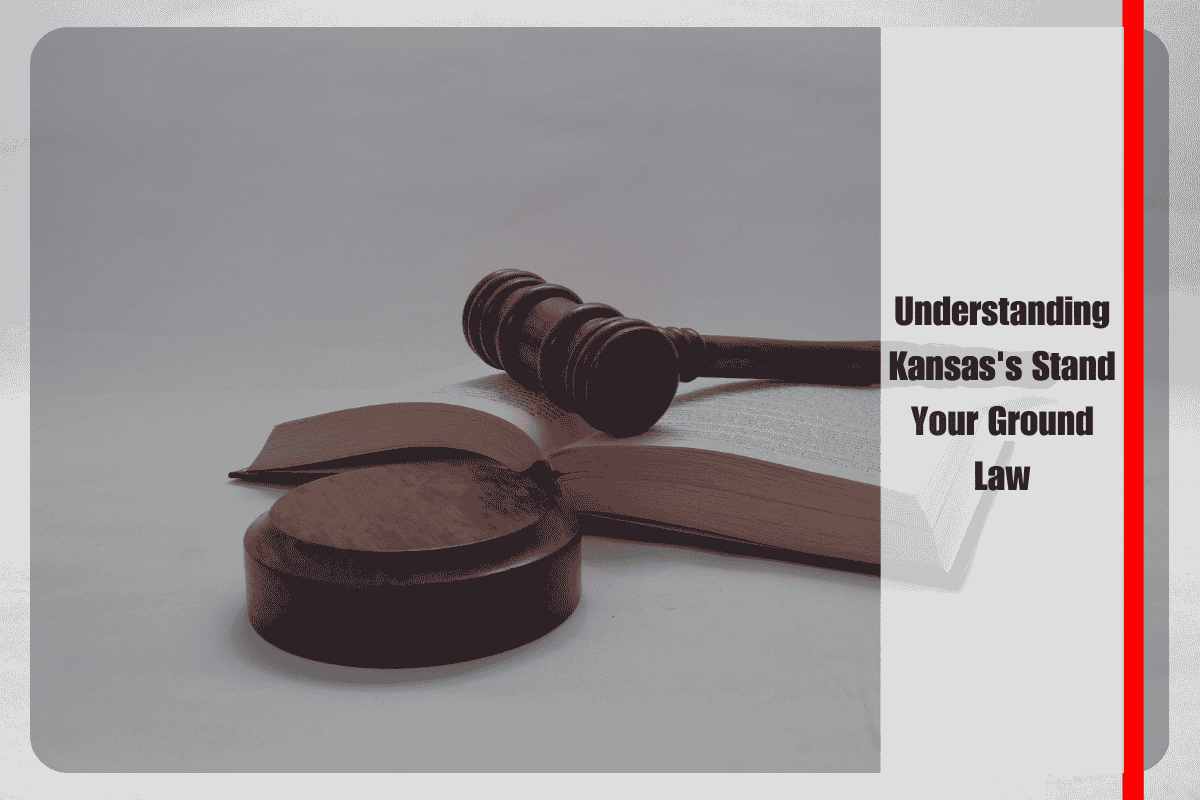Kansas’s Stand Your Ground law eliminates the traditional legal duty to retreat before using force in self-defense when faced with an imminent threat. Under this law, an individual is justified in using force, including deadly force, against another if they reasonably believe it is necessary to defend themselves from the imminent use of unlawful or deadly force. The law applies as long as the individual is in a place where they have a legal right to be.
Importantly, the determination of whether use of force was lawful is based on a two-pronged standard: both subjective and objective. First, the person must genuinely believe the force is necessary (subjective test), and second, a reasonable person in the same situation must also find the use of force to be necessary (objective test). Because Kansas law explicitly states there is no duty to retreat, a person can stand their ground even when a safe escape is possible.
Kansas’s law extends a powerful legal presumption: a person who uses deadly force is presumed to have acted reasonably if they believed the individual against whom force was used was unlawfully entering their dwelling or forcibly removing someone from the dwelling. This presumption makes it harder for prosecutors to contest the self-defense claim under these circumstances.
One of the most notable features of Kansas’s Stand Your Ground law is the immunity clause. A person who claims Stand Your Ground protection is entitled to a pretrial hearing where a judge evaluates whether the use of force was reasonable. If the judge agrees, the defendant is immune from criminal prosecution and civil liability; in other words, the case is dismissed before even reaching a jury.
Kansas’s law applies not just to private citizens but also to law enforcement officers, allowing them to claim immunity in cases involving the use of force—even in police custody. This has led to situations where officials have avoided prosecution for killings during encounters in detention centers, generating debate and reform proposals.
Kansas’s Stand Your Ground statute provides broad legal cover for those who use force in self-defense, removes the obligation to retreat, and includes strong immunity provisions that can prevent prosecution and civil lawsuits if a judge determines the claimed self-defense was reasonable. Critics point to statistical links between such laws and increased violence, and ongoing debates in Kansas question whether further reforms are needed to ensure accountability, especially regarding law enforcement officers.
Sources
[1] https://www.aclukansas.org/sites/default/files/field_documents/hts_stand_your_ground.pdf
[2] https://en.wikipedia.org/wiki/Stand-your-ground_law
[3] https://www.ncsl.org/civil-and-criminal-justice/self-defense-and-stand-your-ground
[4] https://jonathanwmcconnell.com/2025/04/15/kansas-stand-your-ground-laws-criminal-defense-attorney-wichita-ks/
[5] https://www.kclegaldefense.com/blog/self-defense-stand-your-ground-laws-what-you-need-to-know-in-missouri-kansas/












